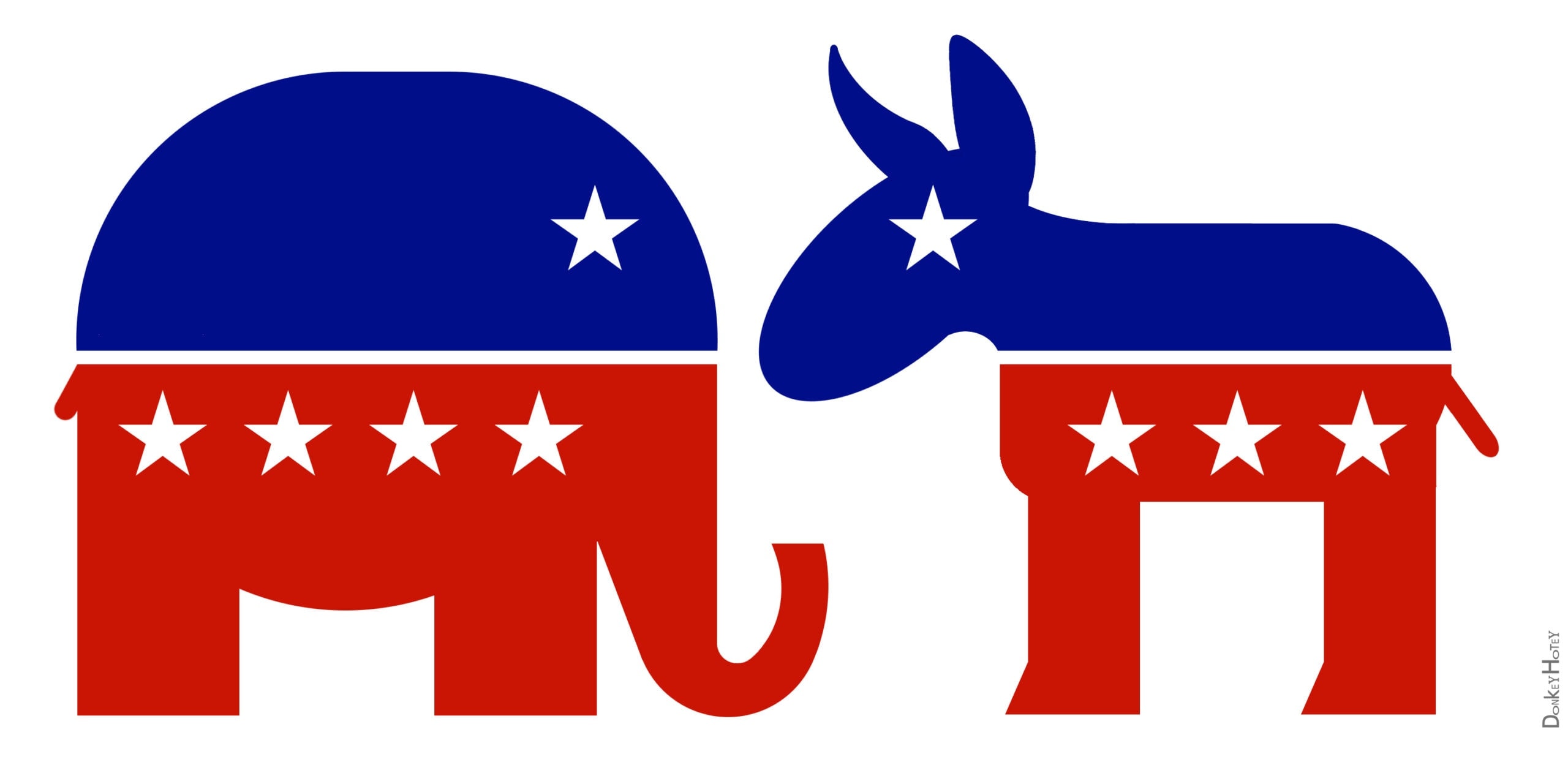
The roughly 1 million Seventh-day Adventists in the United States are more likely to support the Democratic Party than the Republican Party, according to a Pew Research Center report surveying political affiliations among denominations.
Forty-five percent of Adventists surveyed "lean towards" or identified as Democrats, versus 35 percent of church members who said they were Republicans or "leaned towards" the Republican Party, a 10 percent edge for the Democratic Party. Nineteen percent of respondents said they were either independent or held another affiliation.
Pew's data, released in late February, was extracted from the group's 2014 Religious Landscape Study.
By contrast, members of the African Methodist Episcopal (AME) Church and the National Baptist Convention, both historically black Protestant denominations, were said to be "most reliably" in the Democrat's corner, with either 4 percent or 5 percent of members in each group identifying with Republicans. Members of the Church of Jesus Christ of Latter-day Saints, more commonly known as Mormons, are 70 percent Republican, 19 percent Democratic, a 51 percent difference, Pew said.
The issue of political affiliation and religion is again a hot-button topic in U.S. presidential politics. Four years ago, Republican candidate Mitt Romney's Mormonism was an issue for some voters. In 2015, the Seventh-day Adventist faith of retired neurosurgeon Ben Carson, who essentially suspended his Republication nomination quest on March 2, elicited ridicule from Republican contender Donald J. Trump.
The 2014 Pew study, which surveyed 35,000 people, of which 165 identified as Seventh-day Adventists, drew some criticism when it was released in the fall of 2015 from David Trim, director of the Adventist world church’s Office of Archives, Statistics, and Research. He noted that Pew's small sample size of Adventists meant its margin of error for the group reached 10 percentage points.
But Greg Smith, associate director of religion research at Pew, defended the proportionality of the Adventist sample, saying it reflected national demographics.
"Adventists, like all groups, are represented in the Religious Landscape Survey data in roughly the proportion at which they exist in the overall population," Smith told the Adventist Review by e-mail. "In the case of the Religious Landscape Study, we interviewed a nationally representative sample of 35,071 adults; 0.5 percent of them (165 respondents) identified themselves as Seventh-day Adventists."
Monte Sahlin, a retired Seventh-day Adventist Church administrator and noted researcher on church matters, said he believed Pew's conclusions are "probably close to accurate."
"There have been a half dozen major studies on Adventist attitudes about politics in the U.S. and they support this outcome,” he said. “Also, the changing demographics of Adventism in America support this."
Sahlin said a growing non-white constituency in the Seventh-day Adventist Church has reversed what researchers Roger Dudley and Edwin Hernandez found in 1992, that the Republican Party had a slight edge among Adventists.
"The percentage of white, politically conservative Adventists cannot be more than a third of the membership today and is more likely just a quarter of the membership," he said.
The overall question of whether or not Seventh-day Adventists should participate in the political process has dogged members of the movement since its earliest days. Eventually, church co-founder Ellen G. White came out in favor of voting, although early and contemporary thinkers each said partisanship should be avoided.